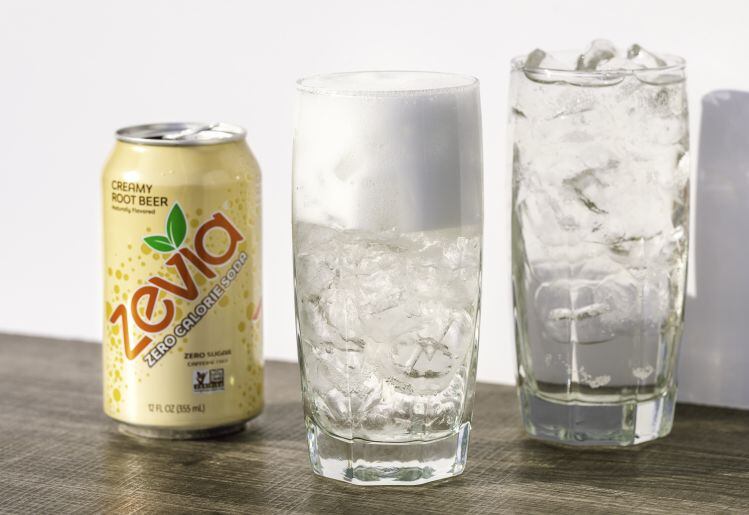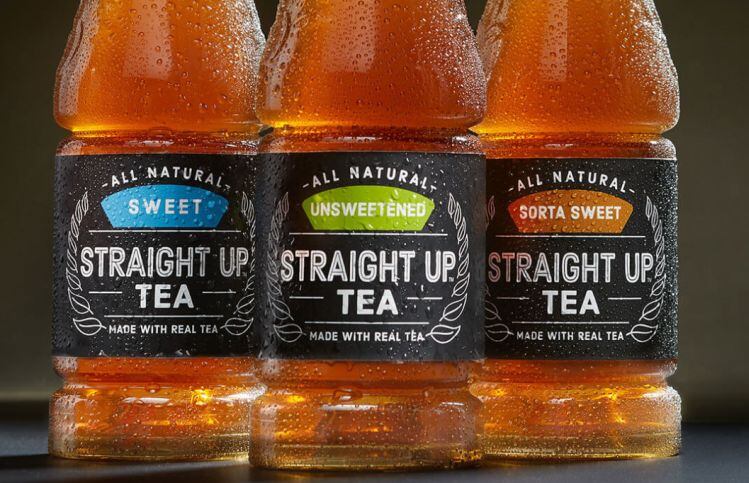While the Los Angeles-based company posted a net loss of $6m last year, it was in the black in the first three months of 2021, and "anticipate [s] enhancing our profitability in the coming years.”
In an S-1 form filed with the SEC this week, Zevia said growth was coming from a combination of velocity gains, a surge in its e-commerce business (now accounting for 13% of sales), and increased distribution, with products now available in 20,000+ retail locations in the US. The number of shares to be offered and the price range for the proposed offering have not yet been determined.
In the US market, it said, “There is significant opportunity for our products in the drug, warehouse club, convenience, and foodservice channels, which accounted for more than 50% of carbonated soft drink sales in the US.”
However, Zevia also sees opportunities for international expansion beyond the US and Canada: “We are particularly focused on regions such as Western Europe, Latin America, and Asia where there have been significant sugar tax implications, as well as further legislation to combat sugar consumption.”
According to SPINS data for the 52 weeks ended May 16, 2021, retail sales of Zevia grew 25% YoY, outpacing 9% growth in the overall zero calorie soda category, said the company, which says its offerings are becoming increasing relevant as consumers seek to reduce their sugar intake and avoid artificial sweeteners (sucralose aspartame, ace K), which still dominate the diet soda category.
Core zero-calorie soda line accounts for 86% of sales
While stevia-sweetened variants of Coke and Pepsi (Coke Life and Pepsi True) failed to set the world on fire, Zevia has continued to gain traction, particularly with Millennials, claimed the company, which has refined the sweetening system deployed in its core recipe over the years, removing monk fruit and erythritol, and focusing solely on stevia leaf extract (coupled with carbonated water, citric acid, and natural flavors).
“Our passionate consumer base over-indexes to Millennials, whom we believe will continue to favor our better-for-you, more sustainable liquid refreshment beverages as they age...
"Zevia drinkers have historically increased their brand spending over time, and tend to spend more on average than traditional shoppers within the soft drink, energy and ready-to-drink tea categories.”
Zevia's core zero-calorie soda range still accounts for the majority of sales. However, brand extensions launched since 2016 (sparkling, Energy, Kidz, Mixers, Organic Tea) comprised 14% of net sales in 2020, said the company, which has an ‘asset-light’ business model deploying third-party contract-manufacturing and logistics providers.
'The opportunity for this brand is more significant today than I ever thought it could be'
Speaking to FoodNavigator-USA a couple of years ago about his ambitions for Zevia, CEO Paddy Spence said: “The opportunity for this brand is more significant today than I ever thought it could be. The two brands I look at for inspiration are Halo Top, which has reinvented ice cream; and Monster, which came in with an authentic product that connected with consumers and was unique in the category. That’s exactly where our brand is at, it’s gutsy and relentlessly innovative."
Asked at the time whether Zevia could remain independent, he said: “We’d love to be a $30bn market cap public company. We see the success of Monster and it shows you what can be done, these guys can beat Coke and Pepsi at their own game, stay independent, be public and frankly have a market cap that rivals the biggest beverage companies.”


